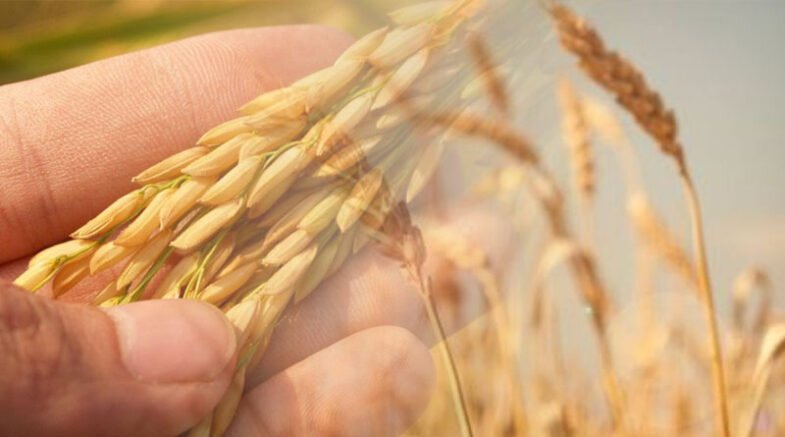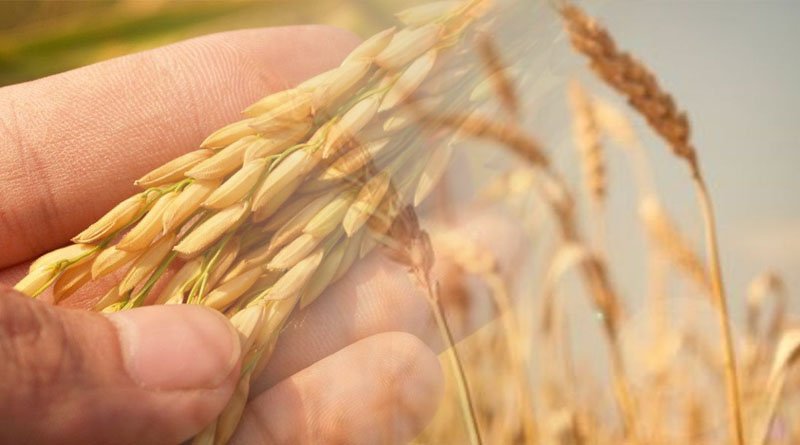The Science and Technology Partnership Program of the Chinese Ministry of Science and Technology (MoST) will provide funding for the project.

A new initiative will establish a joint lab for wheat research between Pakistan and China. The Science and Technology Partnership Program of the Chinese Ministry of Science and Technology (MoST) will provide funding for the project.
In collaboration with the Chinese Academy of Agricultural Sciences (CAAS), the newly established lab will be housed at Quaid-i-Azam University (QAU).
Researchers from both sides as well as representatives from both embassies attended a joint launching ceremony that was recently held at QAU and CAAS last week. The joint lab will train Pakistani wheat scientists and work on creating new, climatically resilient wheat varieties using cutting-edge DNA-based technologies.
Dr. Sarwat Jahan, the dean of biological sciences, welcomed this initiative at the inauguration ceremony and emphasised that QAU will support the lab’s joint activities. According to Dr. Zhouhua Cao, First Secretary of the Chinese Embassy in Pakistan, China has consistently offered Pakistani scientists and engineers cooperation, and the new joint lab will receive all the support required from the Chinese Embassy.
According to Fareena Arshad, Counsellor at the Pakistani Embassy in China, such partnership programmes on food security issues are urgently needed and will enhance the China-Pakistan Economic Corridor (CPEC) projects. The proposed joint wheat research lab activities for the following three years were discussed in detail by Dr. Zhonghu He from CAAS and Dr. Awais Rasheed from QAU.
The Chinese Academy of Agricultural Sciences is China’s national agricultural scientific research organisation. It was established in 1957 in Beijing and oversees 45 institutes. Thirty-six are direct affiliates, and nine institutes are co-hosted with local governments or universities. It has more than 5,000 professional employees.
The Academy building contains offices for several Chinese policy institutions, such as the China Association for the Promotion of International Agricultural Cooperation, established in 1998. One of CAPIAC’s branches is the International Cooperation Committee for Animal Welfare (ICCAW), established in 2011.
